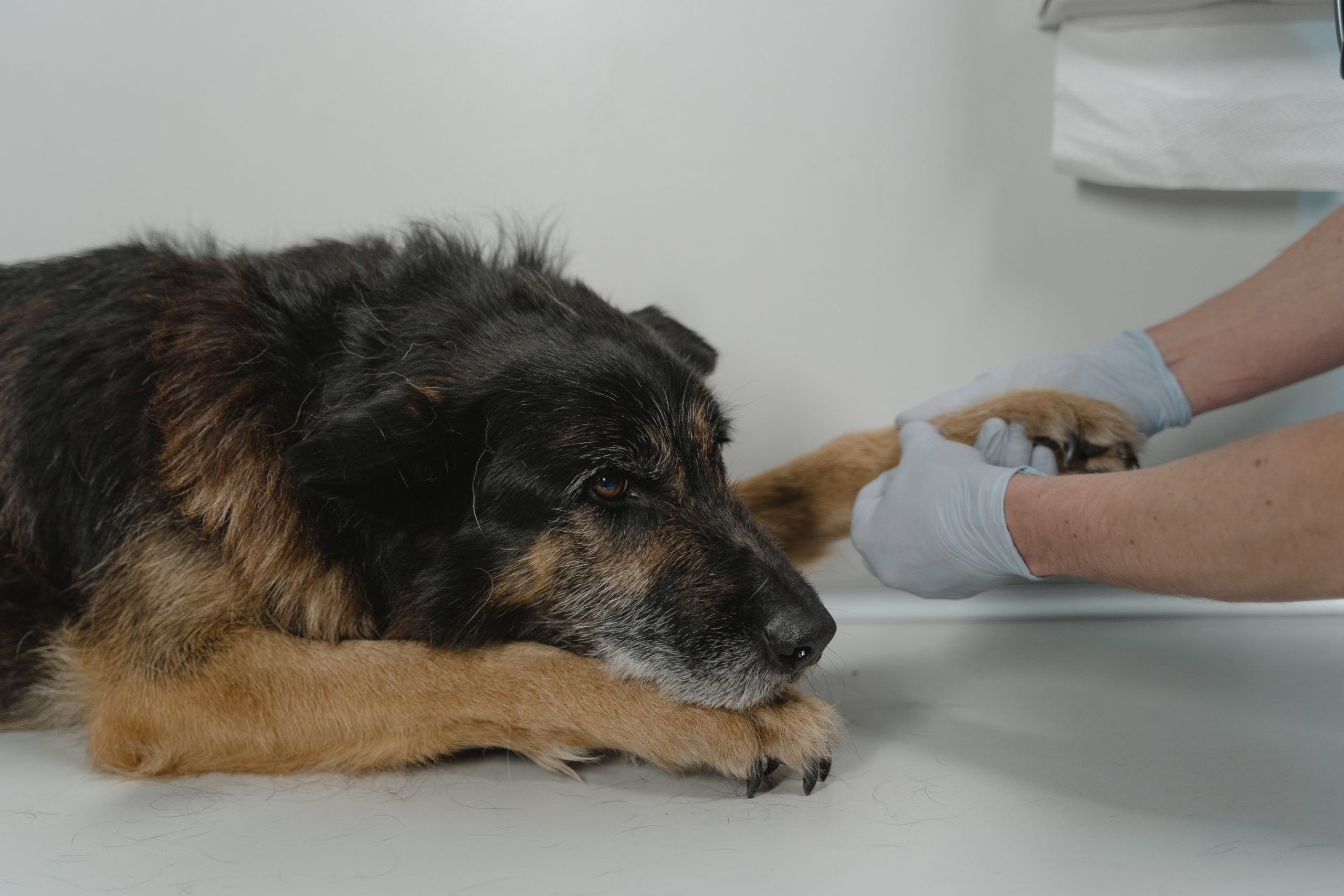Blog - How does your dog score?
How would you describe your dog’s general mobility?
How active is your dog?
How willing is your dog to play?
How willing is your dog to walk and run?
How willing is your dog to jump? (e.g., into the car, onto the sofa)
How often does your dog rest (stop or sit down) during exercise?
Does your dog sometimes find it difficult to move or appear stiff following heavy exercise?
Is your dog’s mobility affected by cold weather?
How would you describe your dog’s ease in rising from lying down?
Does your dog ever display aggression when touched or when other dogs attempt to play?
Does your dog ever lick over joints?
Have you ever noticed lameness in your dog?
How does your dog score?
Joint disease is unlikely

Based on the answers you have provided, it does not sound like your dog is showing signs of joint pain. Other than ensuring your dog leads a healthy lifestyle and is an appropriate bodyweight, there is no action required at this stage. You may find it useful to repeat this questionnaire in 6-12 months, as this may help you to detect any early indications of joint disease and intervene promptly. If you do have any specific concerns about your dog’s mobility then it is recommended you discuss these with your vet.
Joint disease moderately likely

There are some indicators that your dog may be experiencing joint pain based on the questionnaire results. Recognising the signs of joint disease early, allows you to implement treatment and management strategies that can help to reduce the progression of the condition and help your dog lead a happy life. It is recommended that you consult your veterinary surgeon so that they can provide you with further information and advice tailored to your dog. Intervention strategies at this stage may include lifestyle changes, physical therapies and nutraceuticals. In some dogs, they may also benefit from surgery and or medical therapies. You can revisit this questionnaire to help you monitor your dog.
Joint disease highly likely

Based on the answers you have provided, it is highly likely that your dog has joint disease. There are lots of treatment and management strategies available to help pets with osteoarthritis. These include; surgical procedures, pain relief medications, nutraceuticals (which help to support the joint structures) and physical therapies. Please discuss your findings with a veterinary surgeon for professional and tailored advice about what is most appropriate for your dog. Some practical advice includes; ensuring thick padded bedding, non-slip flooring, the use of ramps to avoid the need to jump up/down into/out of cars or entrances to houses, making sure your dog is an appropriate weight and making sure that exercise is consistent (avoid high-impact, high-intensity exercises). You can revisit this questionnaire to help you monitor your dog’s response to therapy.
Author - Jessica MeyleuAdmin
No Description